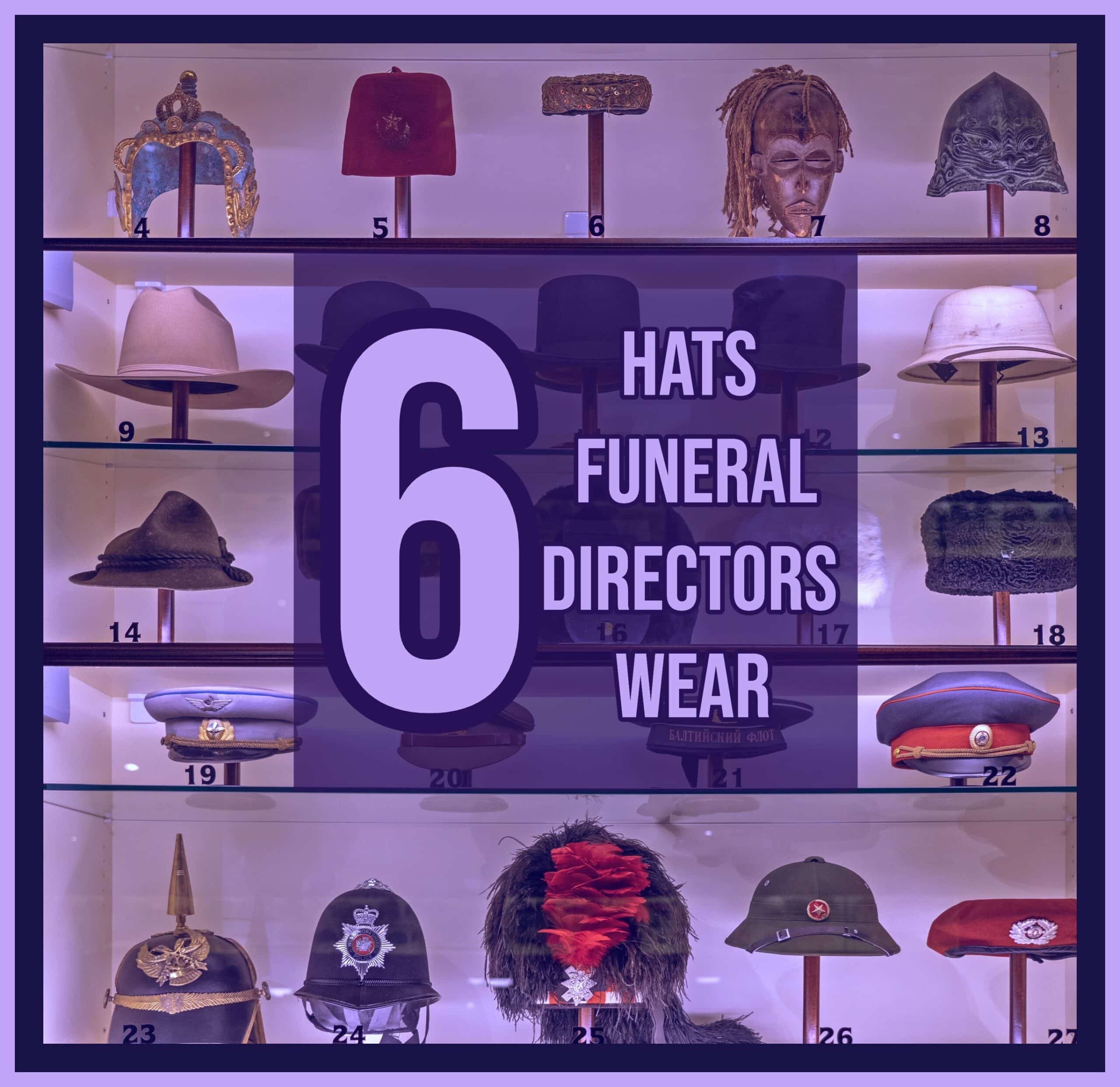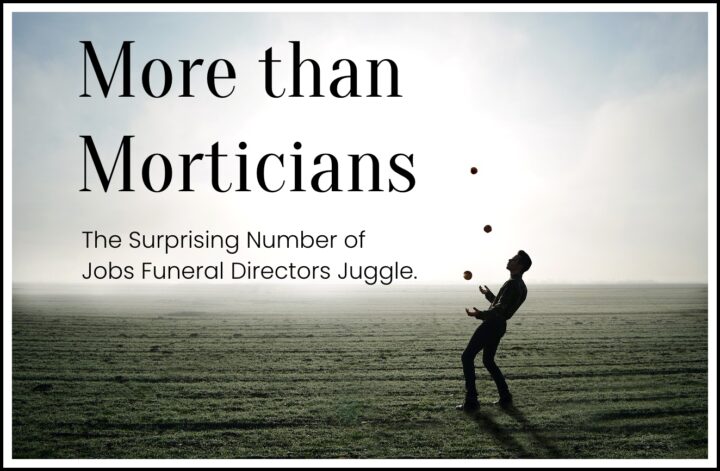
Co-written with Kayleigh Feschuk, Marketing Coordinator for Cadence
There is a great scene in the movie Getting Grace where one of the main characters playfully divides funeral directors into two categories: the “huggers” and the “ugh-ers.” It’s a humorous way of highlighting that deathcare professionals often have distinct personality traits that make them excel in various aspects of their work. While some may find their calling in the quiet solace of the prep room, others thrive in the emotional support of the arrangement room. However, the reality is, this profession encompasses an astonishing array of personality types and an even broader spectrum of responsibilities.
Funeral directors seamlessly don a multitude of hats, transforming into everything from stage managers to legal advisors. In this blog post, we will unravel the hidden layers of their profession, shedding light on the extraordinary side jobs that often find their place within the world of funeral services. From skillfully mediating conflicts and diffusing tensions within grieving families to imparting invaluable guidance to the next generation of funeral directors as dedicated mentors, these dedicated professionals juggle a myriad of roles, each requiring a unique set of skills and expertise.
Although funeral directors must shoulder a great deal of responsibilities, they don’t have to do it alone. There are professional services now available that were created specifically to help deathcare professionals reduce their workload. Within this blog post, we will explore several solutions aimed at alleviating the additional tasks that often burden funeral directors.
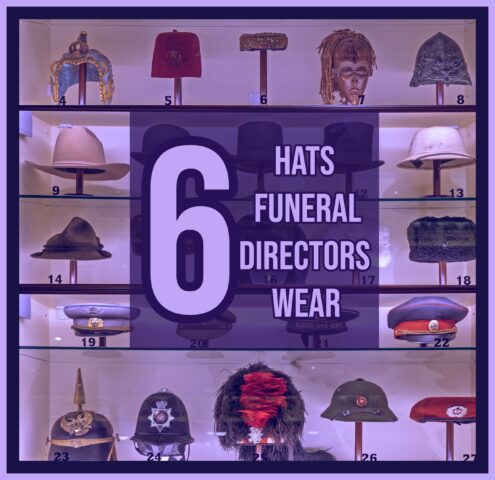
Here are 6 Hats Funeral Directors Must Wear
1. Grief Counselor

In addition to their responsibilities in handling funeral arrangements, funeral directors often find themselves playing an important role in providing grief support to their clients. Funeral directors can be asked to provide resources such as a list of professional counselors or therapists who specialize in grief counseling. They may also find themselves becoming a compassionate presence, offering a shoulder to cry on, or being someone with whom clients can share their feelings and emotions.
While funeral directors are not trained therapists, their empathetic nature, understanding of the grieving process, and experience in working with bereaved families make them a valuable source of support. By providing families with aftercare support for practical duties like administrative or executor tasks, funeral directors can expand their scope of care to provide families with comprehensive service after the funeral. Holistic tools such as Cadence, which provides practical estate settlement support, advanced pre-need, and grief support are a great way to do more for your clients by connecting them with expert support.
2. Stage Manager

When you consider the rituals and traditions that surround a funeral service ceremony, you can draw a great deal of parallels to the stage. There are many theatrical elements at play. All of the important props must be in place. Just as make-up artists and costume designers work behind the scenes to create a sense of realism for their audience, embalmers and restorative artists go to great lengths preparing a body for viewing. Even the programs given out prior to the funeral service share a lot in common with theater playbills.
Funeral directors are also naturally inclined to be skilled performers due to their experience routinely stepping into the role of conductor and orator. After all, this essential skill is in their job title. The ability to direct a crowd through public speaking and communicate eloquently in front of a room full of people is not an easy skill to master. While the entertainment industry frequently portrays funeral directors in film and television as socially awkward, this depiction could not be further from reality as funeral directors are routinely required to take center stage and deliver eulogies in front of others.
This essential role of a funeral home director is frequently overlooked, but just as a single mishap in a theatrical performance can leave a lasting impression, any misstep during a funeral can become the sole memory of the event. Consequently, funeral directors place their trust in services such as ASD to meticulously document and record precise messages, not only from the bereaved families but also from crucial collaborators like clergy members, florists, limousine providers, and cemetery staff. In both the realm of theater and the funeral profession, there’s absolutely no margin for error or miscommunication. While numerous parallels exist between these two worlds, this particular comparison stands out as the most significant.
3. Lawyer

A funeral director’s role is primarily focused on providing compassionate and professional services to grieving families during their time of loss. However, due to the nature of their work and the trust established with clients, funeral directors may occasionally find themselves being asked for legal advice. This can happen when clients seek guidance on matters related to estate settlement or probate.
While funeral directors possess a wealth of knowledge and experience in dealing with end-of-life arrangements, it is important to note that they are not legal professionals. Therefore, it is crucial for funeral directors to delicately navigate these situations by referring clients to appropriate avenues and legal experts who can provide accurate and comprehensive guidance. One way funeral directors can offload this responsibility is to use an aftercare and estate settlement solution, such as Cadence, that guides families through tasks like government notifications, account closures, insurance claims, applying for benefits, and more. The areas that require legal help are laid out clearly, with recommendations to lawyers across the country available through the company’s Customer Support team.
4. Mediator

Funeral directors are tasked with assisting families who are often reacting to events with extreme emotions. Family members often disagree over how a loved one’s services should be handled. In some cases, a death in the family might bring together members of the family who were previously estranged, which inherently can create a lot of conflict. Funeral professionals must often step in and mediate when this occurs. A dispute among relatives can delay services and make a painful situation even more difficult for family members. For this reason, directors will often play the role of a family counselor to ensure everyone’s wishes and feelings are heard. This requires a lot interpersonal skills as well as the ability to maintain composure during heated moments. Helping loved ones to compromise and work together can make all the difference when it comes to planning a meaningful ceremony in such a short time period.
5. Mentor

Whether teaching their children about the funeral business from a young age or offering an apprenticeship to a mortuary science graduate, directors care very deeply about preserving the funeral home’s traditions for generations to come. The funeral business simply would not operate without funeral directors who are willing to step into the role of a mentor and support those who are just starting their careers. In this profession, there are many skills and techniques that can only be learned from firsthand experience. Young funeral professionals rely on the wisdom and judgement of seasoned directors to help them grow and learn. This level of training is extensive and requires a great day of involvement. While directors are busy balancing their work and personal schedule, they are also setting time aside to shape the next generation of funeral directors.
6. Genealogy Expert
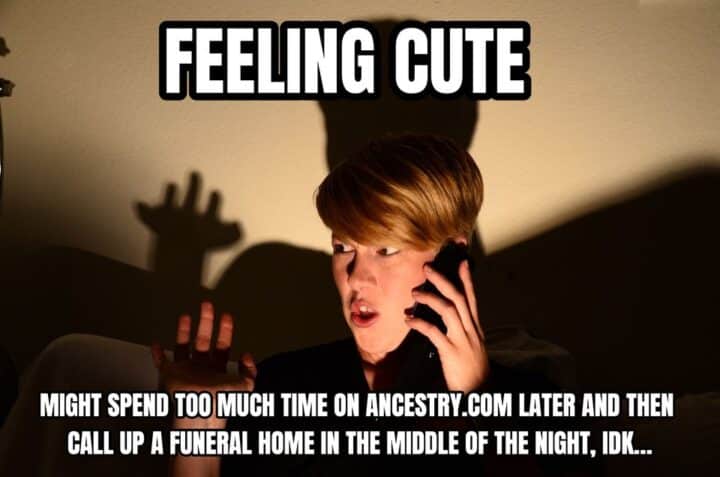
Imagine you’re a funeral director and you hear your cell phone ring at 3 a.m. You have the funeral home phone lines forwarded because you imagine no one would call in the middle of the night unless a death occurred. You answer the phone and the voice on the other end confirms this.
“Yes, my grandmother died.”
“I’m very sorry for your loss,” you say, hoping your sincerity comes through despite your exhaustion.
“Oh, I didn’t know her. She died before I was born in 1978. Can you tell me the day she died and where I can find her grave?”
It’s a funny story…until it happens to you!
With the creation of websites like Ancestry.com, interest in researching one’s family tree has skyrocketed. This has naturally resulted in an increase in the number of inquiries funeral homes receive with genealogy-related questions, even at 3 a.m. While most funeral professionals are likely happy to assist with these requests, finding ways to field these inquiries and other calls that are not urgent has become increasingly important. The internet has created a societal need for instant results. With information at our fingertips 24/7, the expectation of the public has become: I should be able to find my answer immediately. For many funeral directors, this may mean looking up old funeral records in the middle of the night or fielding calls on a Sunday morning from people who need a death certificate from decades ago.

For those that prefer to wear their genealogy expert hat during office hours, you can forward your phone lines to ASD to effectively screen calls and reach out to staff when an urgent need is communicated. While it may be true that funeral directors have to remain available to the public 24/7, you don’t have to do it alone. Without sufficient rest and downtime, your capacity to provide compassionate support to grieving families can be significantly compromised. ASD steps in to provide much-needed respite when necessary, allowing you to remain focused on the families you are serving while attending to ancestry inquiries and all other non-urgent matters when it’s convenient.
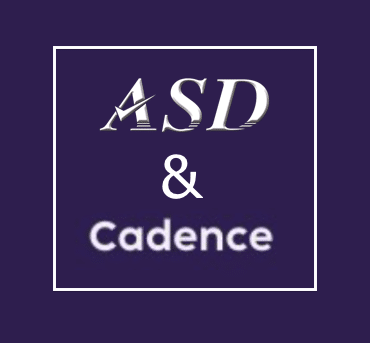
Without question, funeral directors bear a multitude of responsibilities and wear various hats in their demanding roles. However, they need not navigate this challenging journey on their own. Currently, there are dedicated professional services designed to alleviate their burdens. ASD’s funeral home exclusive answering service extends a helping hand by assisting with call screening and crucial communication management. On the other hand, Cadence‘s estate management solutions help funeral professionals foster deeper connections with families by aiding them in navigating the necessary steps for estate settlement. Through the support of these companies, funeral directors can efficiently manage their time while fortifying their relationships with grieving families.
Related Reading
16 Essential Character Traits that Define Funeral Service Professionals
10 Reasons To Be Thankful For Funeral Directors
30 Facts About Funeral Directors in Honor of National Funeral Directors Recognition Day
